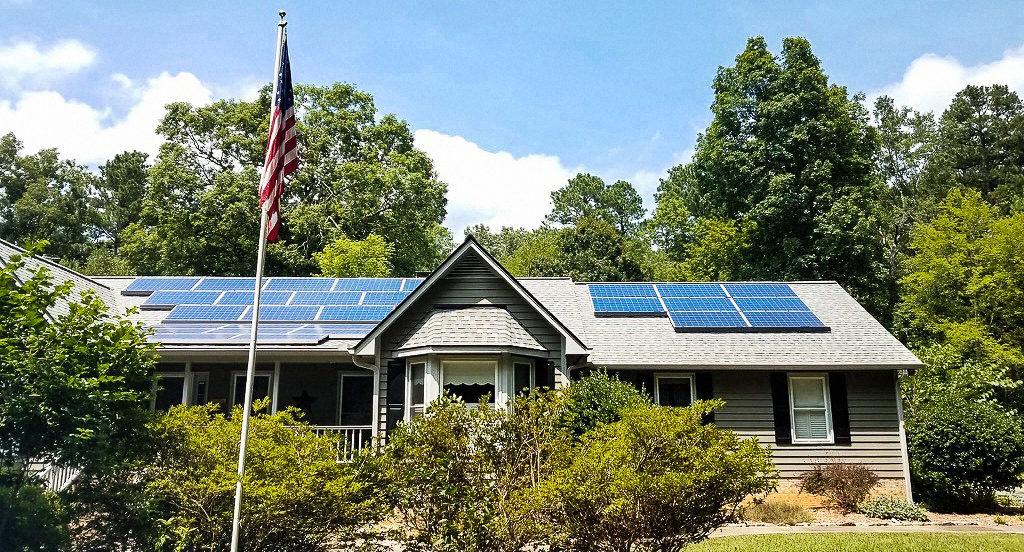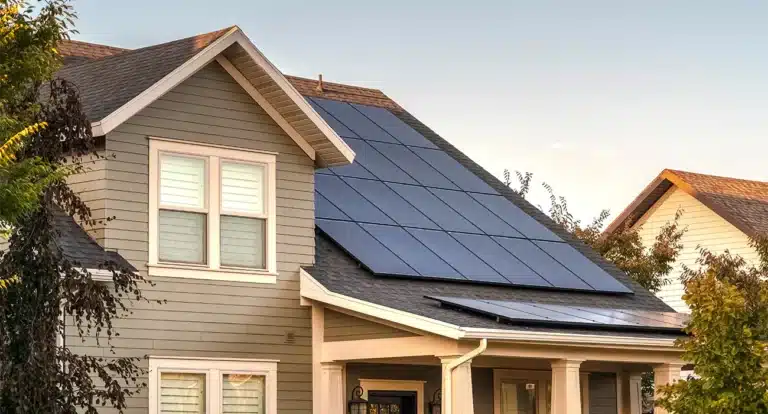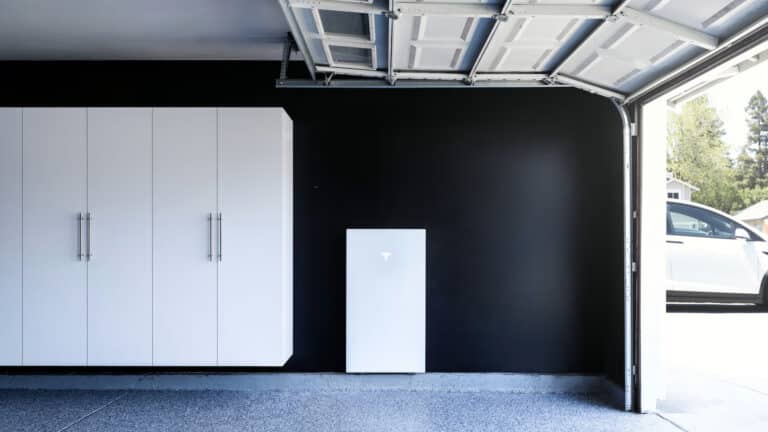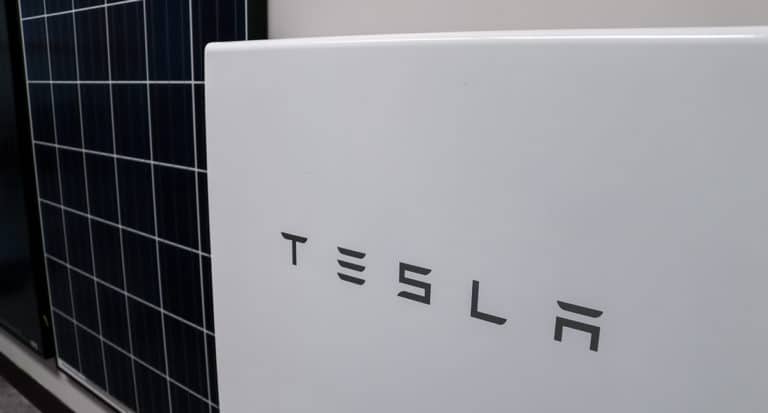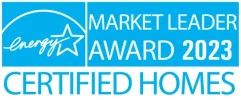We’ve seen a lot of suspect practices in the solar industry recently. One that irks us the most is bundling. The Federal renewable energy tax credit is a great incentive for going solar, but it is unjust to abuse it. Whether it’s tacking efficiency measures or the cost of re-roofing onto a solar project, there are many items to be aware of that don’t qualify. Not only is this practice irresponsible and dishonest by the installer, but it also puts the customer in a potentially bad tax situation.
This is why we’ve reached out to Randy Lucas, a CPA specializing in energy and tax issues, to clarify what is and isn’t eligible for the 30% Federal Tax Credit. If you’re solar curious or have gotten a recent quote with some shady bundling, we advise you to continue reading Randy’s guest post below!
Solar Federal Tax Credit: What Is and Isn’t Eligible
Guest post written by Randy M. Lucas, CPA at Lucas Tax + Energy Consulting
Originally Published August 30, 2018
The first few weeks of the Duke Energy solar rebate program appears to be having a positive effect on the residential and commercial building owners. Duke Energy’s new solar rebate program along with the 30% Federal Investment Tax Credit (solar, wind, and geothermal) have sparked a renewed interest in solar across the state for homeowners and business owners alike.
I often contend that Stephen Dubner and Steven Levitt were spot on in their 2005 best seller Freakonomics that “Incentives Matter” and consumers are definitely motivated by incentives. With all this market excitement and incentive motivation for solar in North Carolina, we wanted to take a moment to clarify for consumers in this market through this guest blog post to emphasize what qualifies for the Federal solar investment tax credit. The rules for non-business solar and business solar are governed by two distinct Internal Revenue Code Sections §25D and §48, respectively.
What is eligible for the 30% Federal ITC for solar?
One of the most important points to emphasize under both code sections, the solar system must be owned (transfer of title) and placed in-service in the year in which the Federal Investment Tax Credit is claimed.
Additionally, eligible costs that qualify for the Federal investment tax credit include the equipment directly related to the system such as the solar panels, racking, inverters, wiring and monitors. The eligible cost can also include any direct site preparation such as small repairs to the roof surface.
Further, it is important to note that current system owners can expand their current systems installed in prior years. This includes strong support recently by the IRS confirming that energy storage systems or power wall units supplied by the solar generated electricity can be qualified as eligible costs. (PLR 201809003).
What is not eligible?
Equally as important is for consumers to understand that there are costs incurred on a residential dwelling or a commercial building that may be ineligible costs for the solar rebate program or the investment tax credits. For example, if a homeowner includes new insulation to the dwelling or adds LED lighting to the interior and exterior to efficiently use the electricity generated by the solar system, these items are not eligible for the Federal investment tax credit.
Prior to 2018, these costs may have been eligible for another incentive under §25C for a one-time tax credit of up to $500.00 for Residential Energy Efficiency, however there has been no guidance as of this writing from the U.S. Congress on whether the Residential Energy Efficiency tax credit will be extended beyond its expiration date of 12/31/2017.
Other ineligible costs incurred could include using the solar energy to heat a swimming pool and replacing the entire roof but only placing the solar equipment on less than one-half of the roof.
Here is a list of the common items we see being bundled into the Federal investment tax credit along with their eligibility for that tax credit:
| Item | Eligibility for the Federal Solar Tax Credit |
|---|---|
| Solar Panel System | Yes! Including panels, racking, inverters, monitoring, and balance of system equipment required to produce electricity from solar panels |
| Home Battery System | Yes, if connected to a solar system |
| Standalone Thermostats | Nope. |
| Insulation | No way! |
| Lighting (Interior or Exterior) | No. |
| HVAC Upgrade | Negative. |
| Future removal of panels to allow for re-shingleing | Not a chance. |
| Crawlspace Sealing | Of course not. |
| Standalone Chargers | Thumbs down. |
| Residential Re-Roof with Solar | Most likely not. It would be VERY rare that a solar array would ever cover greater than 50% of a residential roof, and this appears to be the minimum requirement to allow an owner to include a portion of the re-roof cost in the solar cost. |
| Commercial Re-Roof with Solar | Maybe. It is best to discuss the details for the re-roofing for the commercial building with your tax advisor. There may be some costs that are indeed qualified for the Investment Tax Credit, and there may be some non-ITC qualified costs that can still be immediately expensed by the building owner. |
Before consumers enter into a contract for a solar system installation, they should have a detailed listing of all the equipment that will be installed to clearly determine what is eligible for the Federal investment tax credit and also determine the requirements for the Duke Energy solar rebate program.
If you feel the need, please consult your tax advisor or contact us for assistance specific to your system. As it is clear from the early activity in the market that because the incentives matter, it may be worth the discussion on the front end of the project versus at tax return time or rebate filing time when it may be too late to qualify for these incentives.
Randy M. Lucas, CPA
Principal Consultant, Lucas Tax + Energy Consulting
- 704.968.5506
- randy@lucastaxandenergy.com
- @LucasT_and_E
Calculate Your Solar Savings
See solar on your home! Our solar calculator uses your home address, the details you provide, and LIDAR satellite technology (with a dash of AI) to give you a ballpark estimate of how much you could save by going solar.
Ready to Get Started?
Schedule a free assessment to learn more about solar power & battery storage for your home.
About Us
North Carolina’s solar power and building performance expert. Founded in 2001, we’ve worked for 20+ years to improve the way people make and use energy.

